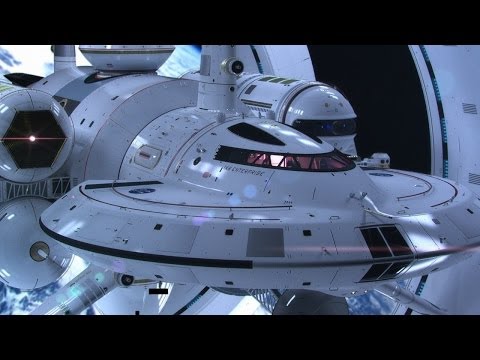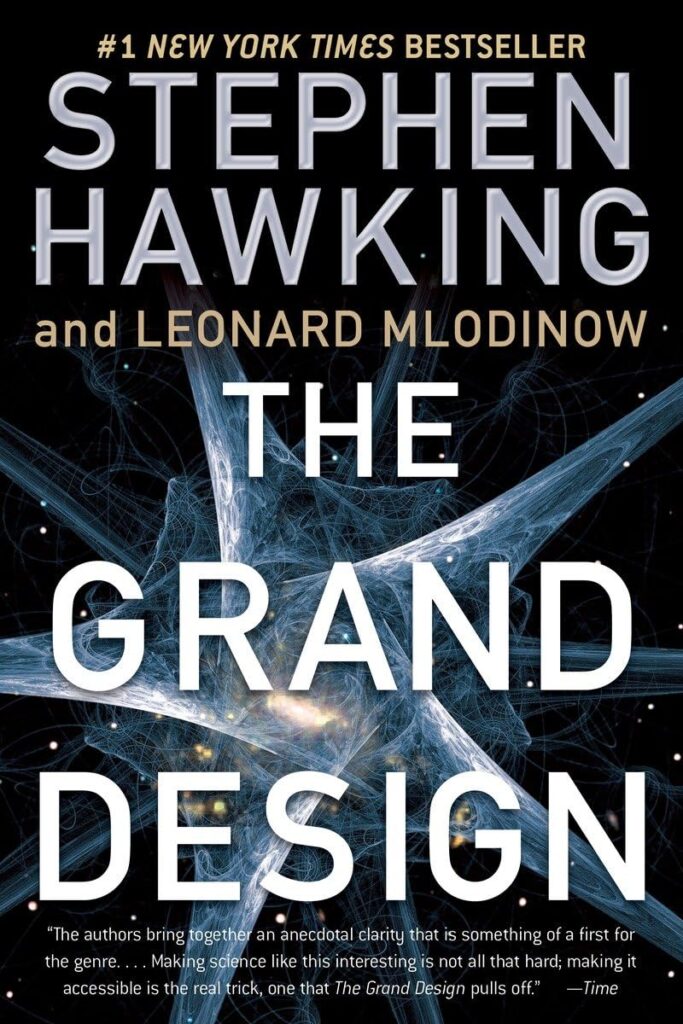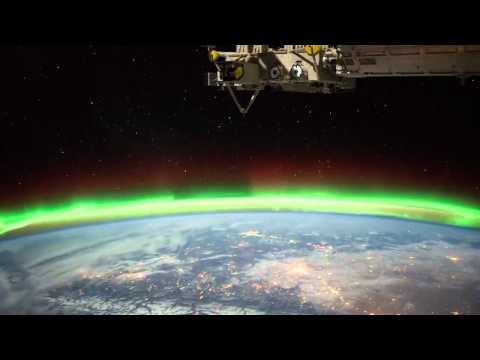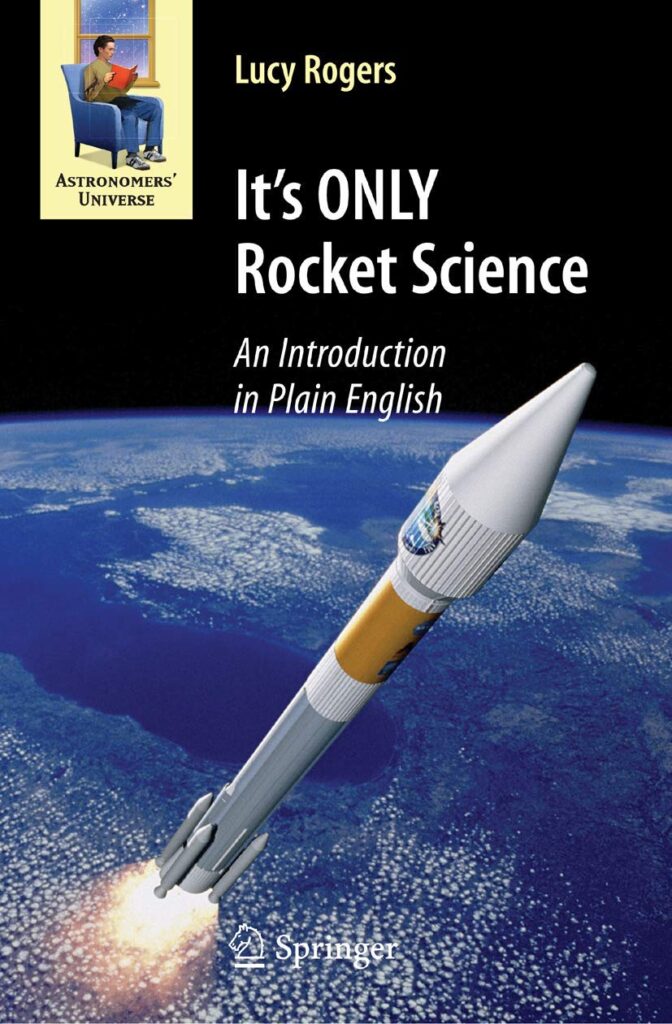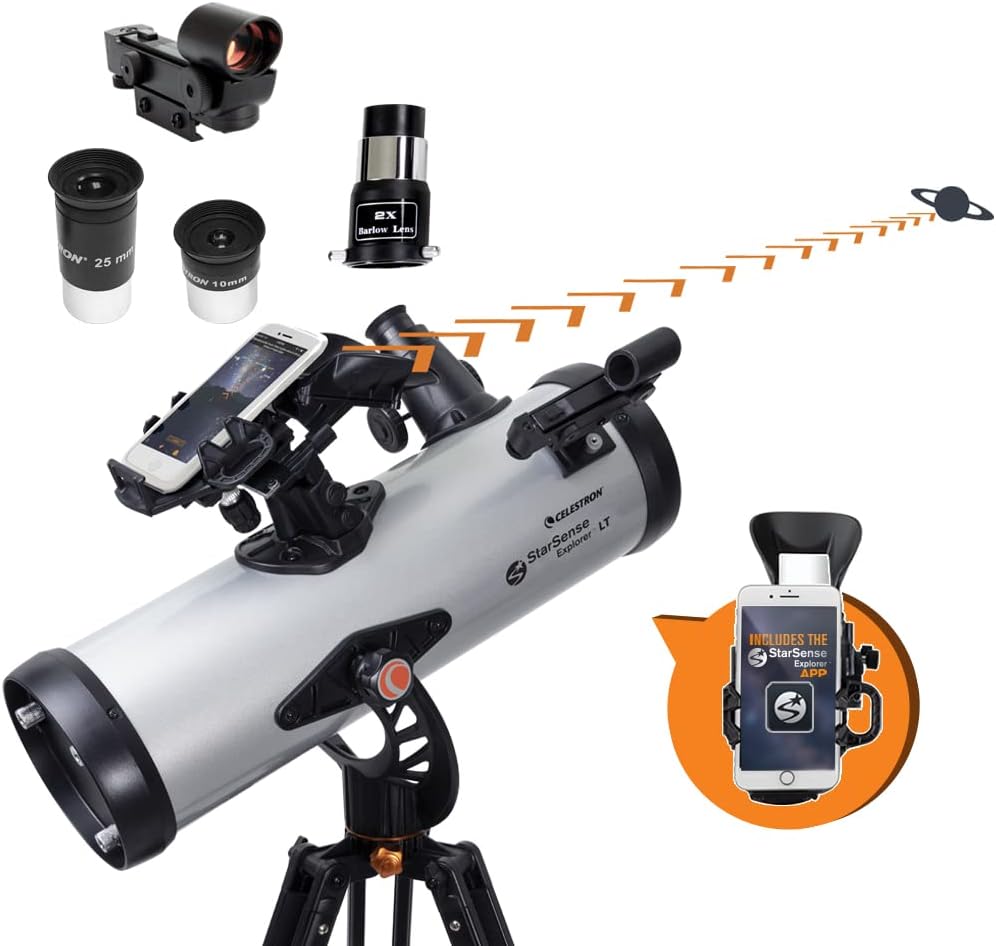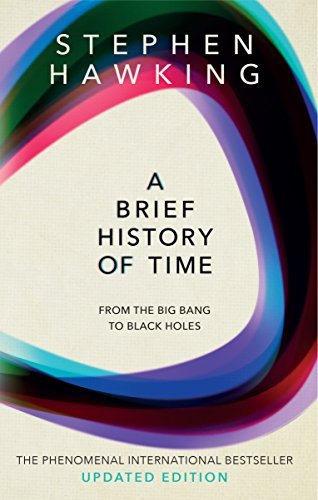UAE’s most important space missions and Mars probe 2021
The world celebrated the 50th anniversary
of the first Apollo moon landings last weekand I thought this might be a good time to
give you a quick update on what’s happeningwith the UAE’s space mission. Just another 60 odd days remain until Hazza
Al Mansouri blasts off from earth and plantsthe UAE flag on the International Space Station
That’s not it. The UAE is also planning a Mars probe, aptly
named Hope. In just two years, which is also going to
be the country’s 50th anniversary, the UAEwill land a probe on Mars. The ultimate goal is to establish the first
human colony on the Red Planet by 2117. The Hope Probe is scheduled to lift off from
Japan in July 2020 and reach Mars by 2021The total value of Emirati investments in
the space sector increased from AED20 billionin 2015 to over AED22 billion during the first
part of 2018The number of space-related establishments
in the UAE reached 57, which provided over1,500 job opportunities
There’s also going to be a new UAE spacelaunched very soon with 50 Emirati companies,
institutions and establishmentsI had spoken to Sunil Tacker from STA Law
firm to learn more about this law. Let ‘s hear what he has to stayApart from the
Emirates Mars Mission and the UAE Space Agency,there are other key players in all of these
initiatives. The Khalifa University lab, which is believed
to be the region’s first space lab. Mohammed Bin Rashid Space Research Centre,
which was founded by Sheikh Mohammed bin Rashidis A SCIENTIFIC CENTRE SPECIALISED IN SPACE
SCIENCE and is ONE OF THE PILLARS OF KNOWLEDGEECONOMY
KhalifaSat – which blasted off into orbitfrom Japan last year – was the first satellite
designed and made by Emirati engineers. Abu Dhabi’s Aabar Investments, now under Mubadala,
acquired a 31. 8 percent stake in Richard Branson’sVirgin Galactic and they are in talks with
the UAE space agency are talks of space tourismflights from Al Ain Airport. But over the years there have been a few road
block too. Earlier this month the UAE’s fourth reconnaissance
satellite, FalconEye1, was lost when the Vegarocket carrying it developed a fault. Despite the loss, preparations to launch a
second satellite, FalconEye2, are under way. The UAE recently even formed a committee responsible
for detecting astronomical bodies hurtlingtowards Earth. These could include meteors or the remains
of spaceships or other “space junk”. Basically all I’m trying to say is the UAE
is taking the space sector very seriouslyand why not?According to the UAE Space Agency, in 2017,
the total global space economy value amountedto $348 billion, 79 percent of which were
commercial revenues while 21 percent werefor government budgets and manned spaceflight. Private investments in space grew by 30. 5
percent in 2017, as comparedto 2016.

